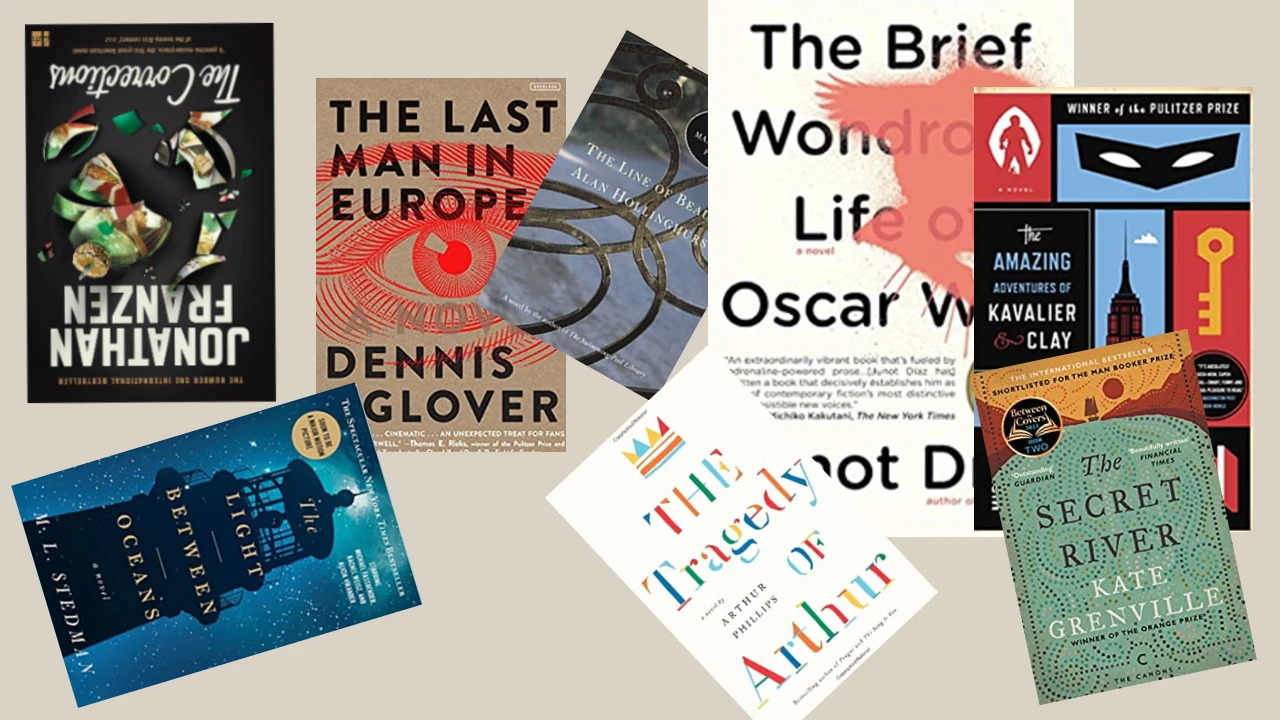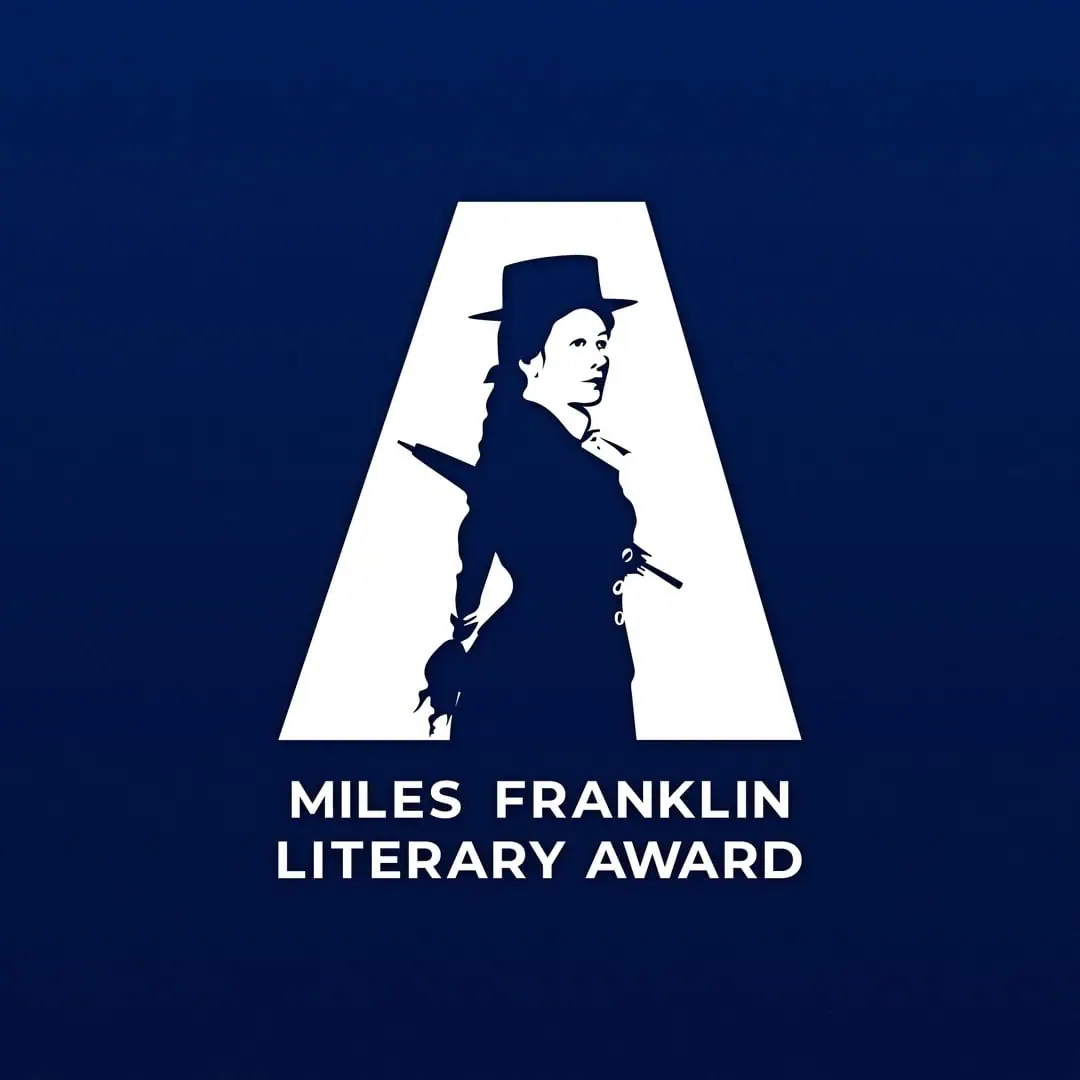
Newsletter Subscribe
Enter your email address below and subscribe to our newsletter

Enter your email address below and subscribe to our newsletter

This content may contain affiliate links. When you buy through these links, we may earn an affiliate commission.
The Miles Franklin Literary Award, one of Australia’s most prestigious honors for fiction, has once again spotlighted the richness and diversity of Australian storytelling. This year, the award goes to Siang Lu for his innovative novel Ghost Cities, a bold, satirical exploration of identity, history, and art. Announced on July 24, 2025, Lu’s win comes with $60,000 in prize money, recognizing a work the judges described as “a grand farce and a haunting meditation on diaspora.” Lu, a first-time shortlistee, expressed profound gratitude, stating he “didn’t dare dream of this.”
The 2025 shortlist featured six exceptional novels, blending debut voices with established talents. Three were first-time nominees, joined by two previously shortlisted authors and one two-time winner. According to the judging panel—chaired by Richard Neville of the State Library of NSW—the selections “celebrate writing that refuses to compromise,” vitalizing the novel form and inventing new languages for the Australian experience.
Established in 1954 through the will of Stella Maria Sarah Miles Franklin, author of the classic My Brilliant Career, the award aims to advance Australian literature by honoring novels of the highest literary merit that depict Australian life in any of its phases. Administered by Perpetual as Trustee, it has distributed over $1.54 million to authors since inception. The prize supports creativity and has become a cornerstone of Australian literary culture, evolving to reflect the nation’s diverse voices. Long-time supporter Copyright Agency’s Cultural Fund provides $5,000 to each shortlisted author, fostering greater engagement with Australian writing.
Lu was actually born in Malaysia to Chinese parents but raised in Australia. His debut The Whitewash (2022) won the Queensland Literary Award’s Glendower Prize for emerging writers and the ABIA Audiobook of the Year for its adaptation. It was shortlisted for a NSW Premier’s Literary Award. Lu co-created The Beige Index, charting ethnic diversity in films, and runs the satirical @sillybookstagram Instagram account. In 2023, he was named one of the Top 40 Under 40 Asian-Australians. He has written for TV in Malaysia and Singapore and holds a Master of Letters from the University of Sydney. Lu splits his time between Brisbane and Kuala Lumpur.
In Ghost Cities, inspired by China’s empty megacities, Lu weaves multiple narratives. Protagonist Xiang, fired from Sydney’s Chinese Consulate for faking Mandarin proficiency via Google Translate, becomes #BadChinese viral sensation. Relocated to the fictional ghost city Port Man Tou for eccentric director Baby Bao’s film, his story parallels ancient tales: an emperor creating doubles, a sentient mountain’s desires, a deadly chess automaton, and an empire’s books destroyed then rebuilt for love and art. Blending satire, absurdity, and wisdom, it’s a landmark on the Sino-Australian imaginary, appealing to fans of Haruki Murakami and Italo Calvino.
The Miles Franklin has crowned many iconic works. Here’s a selection of major winners across the decades that I loved reading and quite often come back to reread:
| Year | Author | Notes |
|---|---|---|
| 1957 | Voss by Patrick White | My fav Australian novel about exploration and identity; White won again in 1961 for Riders in the Chariot. |
| 1962 | The Well Dressed Explorer by Thea Astley | First of Astley’s four wins (also 1965, 1972, 2000), known for sharp social commentary. |
| 1981 | Bliss by Peter Carey | Carey’s first of three wins (also 1989, 1998); Oscar and Lucinda (1989) won the Booker Prize. |
| 1984 | Shallows by Tim Winton | Winton’s first of four wins (also 1992, 2002, 2009); includes Cloudstreet (1992) and Breath (2009). Winton’s lit legacy is untarnished. |
| 2001 | Dark Palace by Frank Moorhouse | Part of his Edith trilogy, blending history and fiction. |
| 2019 | Too Much Lip by Melissa Lucashenko | Indigenous voices; explores family and land rights. |
| 2023 | Chai Time at Cinnamon Gardens by Shankari Chandran | Recent winner focusing on migration and trauma. |
| 2024 | Praiseworthy by Alexis Wright | Epic on Indigenous resilience and climate change. |
These winners highlight the award’s focus on novels that capture the evolving Australian spirit, from colonial frontiers to contemporary multiculturalism.
This year’s shortlist showcased a mix of themes, from aging and migration (no wonder! you’ll find the same themes in Canadian lit) to satire and historical trauma. Each author received $5,000 from the Copyright Agency’s Cultural Fund. A brief summary of shortlisted books is here:
| Book Title | Book Summary |
|---|---|
| Chinese Postman by Brian Castro | Abraham Quin, a mid-70s migrant and former postman/professor, reflects on aging, solitude, and writing in the Adelaide Hills. Through epistolary exchanges with a Ukrainian refugee, he explores memories, language, and nature, blending melancholy with playful wisdom in a tour de force of introspection. |
| Theory & Practice by Michelle de Kretser | In 1986 Melbourne, a young Sri Lankan-Australian woman researches Virginia Woolf while navigating radical ideas, jealousy in a “deconstructed” relationship, and personal betrayals. Blending fiction, essay, and memoir, it probes the gaps between ideals and reality, desire and shame. |
| Dirt Poor Islanders by Winnie Dunn | Half-Tongan, half-White girl Meadow Reed grows up in Western Sydney’s Mt Druitt, facing cultural clashes, poverty, and family expectations. Pushing against tradition, she discovers her identity’s beauty in a potent coming-of-age tale of resilience and togetherness. |
| Compassion by Julie Janson | Darug woman Duringah (Nell James), an outlaw in 1800s NSW, resists colonial oppression through revenge, adventure, and survival. Based on the author’s ancestor, it’s a gripping story of anti-colonial fight, trauma, and Indigenous resilience. |
| Highway 13 by Fiona McFarlane | Linked stories explore a serial killer’s crimes’ ripple effects across time and places, from Australia to Rome and Texas. Focusing on grief, fascination, and storytelling, it meditates on violence’s enduring shadows. |
This year’s award reaffirms the Miles Franklin’s role in championing bold, boundary-pushing Australian fiction. What’s your pick from the list? Share it with me on social media.